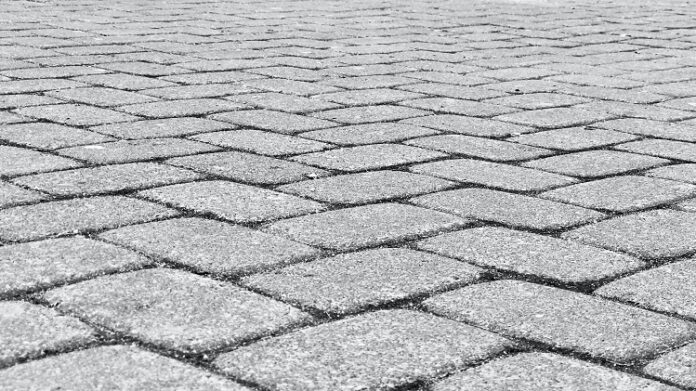Block paving is a type of paving block used in construction. It is a solid material made from one or more durable materials such as granite, limestone or concrete. The blocks are generally square or rectangular in shape, although they can also be triangular and hexagonal.
Table of Contents
What is block paving?
Block paving is made from large blocks of concrete which are laid in courses to create an even surface. The surface can be smooth or textured and the colour can vary depending on the type of block being used. The most popular colours are black, grey and brown with some blocks having a natural stone finish.
Block paving was first developed during the Roman era when it was used as a flooring material in homes, temples and other public buildings around the Empire. It was also used for drainage purposes because it doesn’t absorb water like sand or gravel would do so it doesn’t get muddy when wet or slippery when wet.
There are several types of block paving, including:
Rubble stone – this type of block is made from small stones that have been crushed into pieces and then bound together with cement. Rubble stones tend to be the cheapest type of block paving available but may only last for a few years before they need replacing.
Slate – slate is made from natural slate and is used for paths and driveways rather than patios as it does not withstand high traffic areas well. Slate is usually available in varying sizes, colours and thicknesses depending on your requirements and preferences.
Block paving is a popular choice for driveways and paths. It can be laid in any design, pattern or size to create a beautiful, hard-wearing surface.
Block paving is available in a variety of colours and textures, so it’s easy to find one that matches your home perfectly.
Block paving has been used for years because it provides many advantages over other materials. Here are some of them:
It’s durable – block paving is made from natural materials like stone or clay which can last up to 100 years if properly maintained. You don’t need to worry about the sun or rain damaging your driveway or path.
It stays level – unlike slabs or tiles, blocks are laid directly onto the ground without mortar or adhesive so they won’t shift over time as they often do with other types of paving material. This makes block paving ideal for areas where there may be heavy traffic such as driveways, paths and patios because vehicles won’t cause damage by driving on top of them every day like they might do with loose gravel surfaces for example.
It looks good – block paving gives your garden an elegant look that enhances its visual appeal by adding character through its texture and colouring options available from the manufacturer. To know more information on block paving in Stockport contact us.




